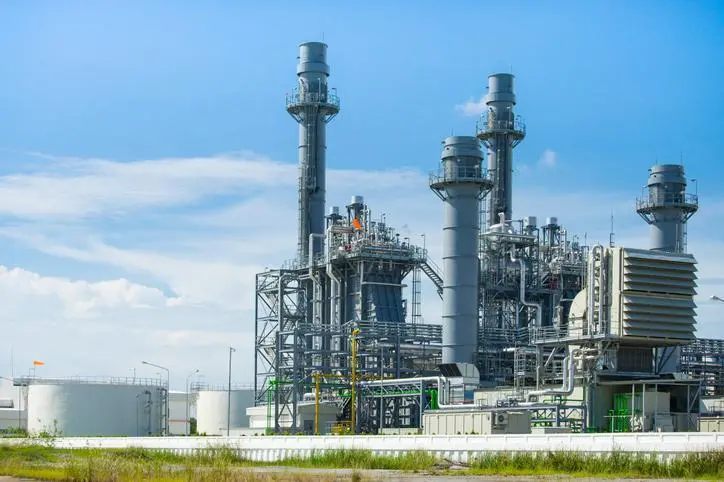PHOTO
His Majesty King Hamad’s representative for humanitarian work and youth affairs and Bapco Energies Group chairman Shaikh Nasser bin Hamad Al Khalifa has affirmed Bahrain’s keenness to formulate the future of global energy systems, renewing its commitment to reducing carbon emissions by 30 per cent by 2035, and reaching net zero by 2060.
He made the statements while addressing the opening of the Abu Dhabi International Progressive Energy Congress (ADIPEC 2023), hosted by the UAE, under the patronage of President Shaikh Mohammed bin Zayed Al Nahyan.
Shaikh Nasser asserted that the kingdom’s participation in ADIPEC 2023 is within the framework of its commitment to leading the global transformation in the energy fields, as well as in facing the challenges created by the current energy landscape, through a forward-looking strategy and a strong commitment to climate action, affirming Bahrain’s full readiness to play a proactive role in shaping the future of energy.
He indicated that the importance of ADIPEC 2023 emanates from the gathering of the whole world in the UAE to attend the 28th Conference of the Parties to the UN Framework Convention on Climate Change (COP28), where the values of humanity, ambition and creativity will come together under the umbrella of the UAE, which, he said, is a great country in the region that calls for unity in delivering innovative, sustainable and real action on climate challenges.
Themed ‘Decarbonising. Faster. Together’, ADIPEC 2023 aims to bring together world energy leaders and mobilise their efforts in confronting the pressing challenges facing the global economy as a result of the current energy crisis.
Shaikh Nasser was accompanied by Oil and Environment Minister and Special Envoy for Climate Affairs Dr Mohammed Bin Daina and CEOs, in addition to Bapco Energies’ officials and representatives.
UAE Energy Minister Suhail Al Mazrouei said fuel prices consumers pay at the pump will be driven by a willingness to keep investing in fossil fuels.
“The Opec+ producer group cares that the price is right for consumers, but right for the consumers for a very limited time only is short-sighted.”
“More investment is needed in oil and gas for prices to be right at the pump,” he added.
When asked whether high crude prices could threaten the health of the global economy, Mr Al Mazrouei said Opec+ never targets a certain oil price.
The group in June agreed to extend their oil output cuts until the end of 2024.
Saudi Arabia and Russia have also extended 1.3 million barrels per day (bpd) of additional voluntary cuts until the end of the year.
That helped push Brent crude prices to above $90 a barrel in early September, with the futures contract last week approaching the psychological threshold of $100 a barrel.
Opec Secretary General Haitham Al Ghais said that he is optimistic about oil demand growth, and that he saw under-investment as a risk to energy security.
“We are... running quite low on spare capacity, we have said this repeatedly, and this requires a concerted effort by all of the stakeholders to see the importance of investing in this industry,” he said.
Mr Al Mazrouei said investment by both international and national oil companies was needed, and that “these investments need the financial world to be willing to finance oil and gas”.
He later told reporters that his country is on track to expand its oil production capacity to 5m bpd by 2027 from 4.2m bpd currently.
US oil and gas producer Occidental Petroleum CEO Vicki Hollub warned that low investments will drive energy prices higher.
Copyright 2022 Al Hilal Publishing and Marketing Group Provided by SyndiGate Media Inc. (Syndigate.info).




















